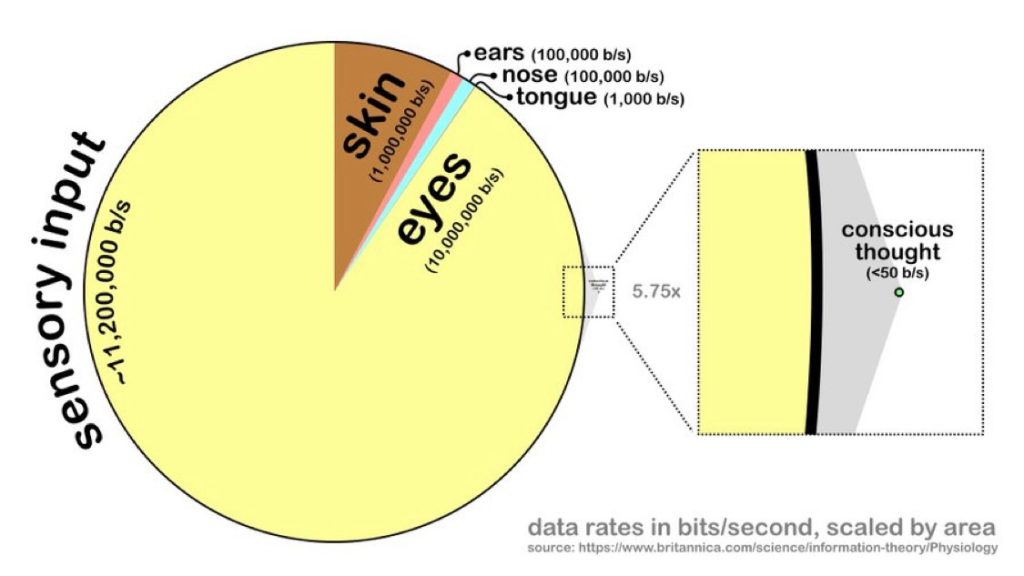I am confident in my capacity to judge directional trends over time. I’ve been doing it consistently for close to twenty years. I’ve made solid bets that outweigh the wrong calls.
But right now I feel lost. I feel blind to short and medium term outcomes. I don’t know what happens next or in what order.
I’ve got a lot of working theories about how we orient over the next decade or two but I’ve got low confidence on anything nearer.
Perhaps this is because I simply don’t want my near term predictions to be true. They are too depressing and too cynical and too heartless.
An essay from Venkatesh Rao today titled Low Roads to High Places emphasizes why.
If a necessary historical evolution can occur via a low road or a high road, it will almost always happen via the low road.
He notes the law of the low road may simply be a an emergent consequence of thermodynamics. Entropy being what it is the path of least resistance wins.
Or maybe, as Rao suggests, the low road is a corollary to Abraham Thomas’ principle that to call macro-trends correctly you have to have “boundless optimism about technology and bottomless cynicism about humans.”
I’m just not ready to have bottomless cynicism about humans though I have optimism about technology. It’s possible to change our consensus and narrative direction and we do so regularly. Vibe shifts happen once an hour these days
Abraham Thomas has a theory that venture investing is temporal arbitrage. We are front running narrative consensus.
That’s why we look like herd animals eventually no matter how contrarian the bet was at the start.
Because being optimistic about the material changes that technology can bring has been the road to success. But I can’t decide how cynical I am able to be about my fellow humans.
